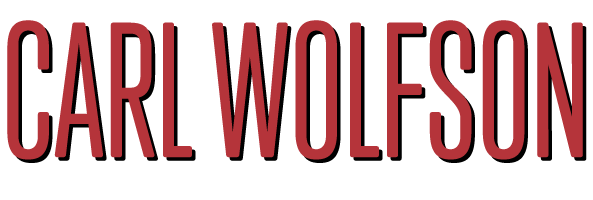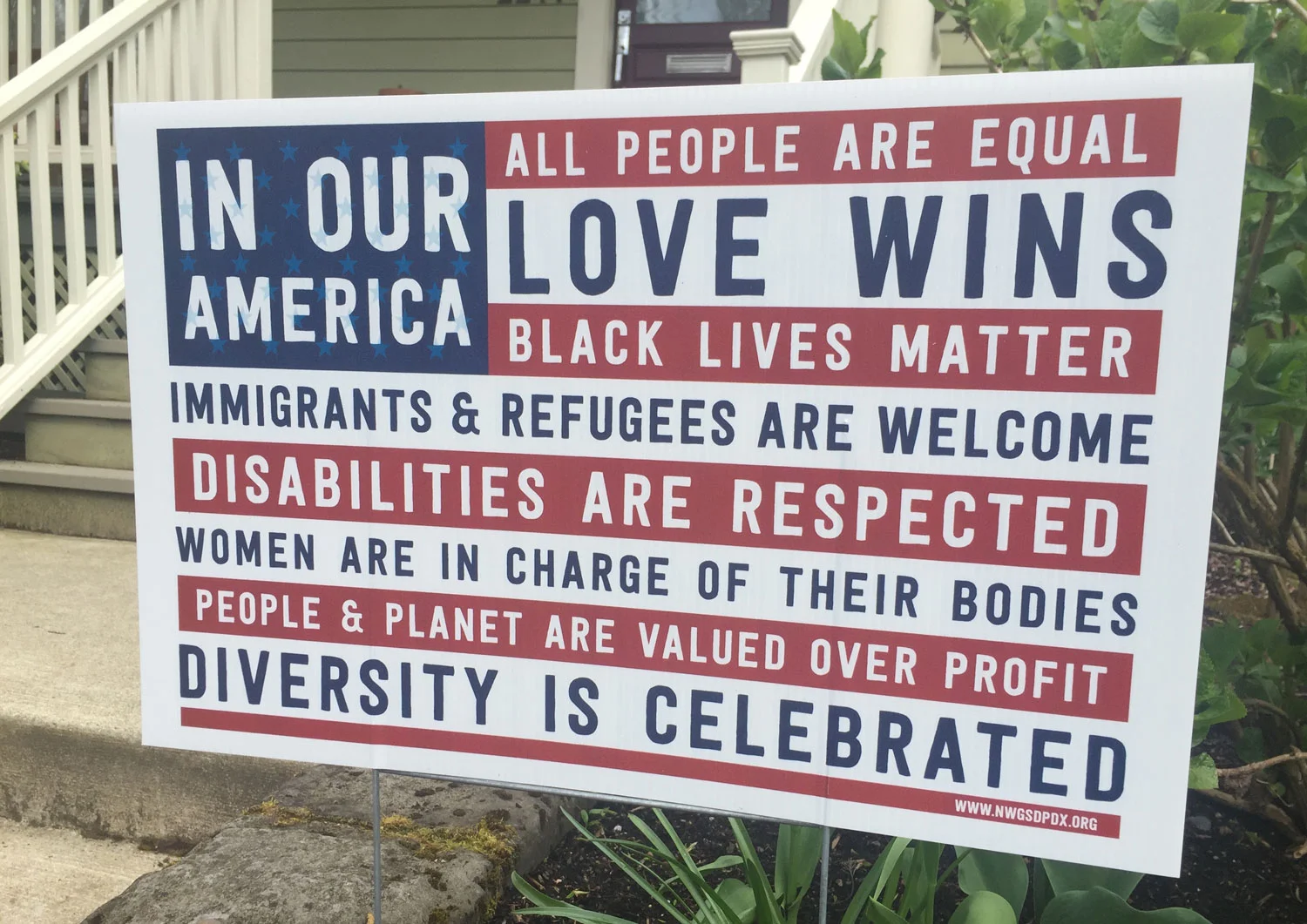Today I was engaged in a spirited discussion about individual US presidents, specifically whether they were moral or immoral, weak or effective. My position (which many of you occasionally heard on radio) is this:
It is too easy to categorize any president as “moral” or “immoral.” Every president has taken actions that are moral and immoral, or pursued policies that ended up on the right or wrong side of what we deem as moral.
FDR’s New Deal saved us from both fascism and communism, yet he did not allow Jews to enter the US from Europe (not through anti-Semitism, but because he thought they would add to the huge numbers of unemployed) and allowed the disgraceful internment of loyal Japanese Americans.
LBJ was the greatest civil rights president of our lifetimes, but terribly miscalculated in Vietnam.
Reagan’s policies hastened the end of the Cold War, but his war on labor unions and obliteration of the social safety net savaged the middle class and is largely responsible for the huge gap in wealth and income equality we experience today.
With his AIDS policy, George W. Bush saved hundreds of thousands of lives in Africa, but we are still paying the legacy costs of his unwise invasions of Iraq and Afghanistan.
As far as “weak” presidents, or “weak-looking” presidents, Carter certainly was no orator, but his Alaska National Interest Lands Conservation Act, passed in 1980, may be the greatest environmental gift of the last 100 years, and the Israel-Egypt peace treaty still holds today. In fact, it remains THE stabilizing force in the region.
Joe Biden may stumble over words, but the Infrastructure bill he signed is the most important such legislation in several generations, and he is leading the greatest resurgence of NATO since its founding in 1949. Plus, he has restored democratic norms and values that were dangerously wrecked by his immediate predecessor.
Botton line: Things often are not as black and white as we see them or would like them to be!
Today, I also had to push back on the assertion that "Putin would not have invaded Ukraine if Trump were still in office, because Trump would have mollified him."
Nonsense.
Trump's gift list to Putin allowed the Russian leader to wreak havoc inside Western democracies, including interference in our elections. There are credible reports that Trump communicated classified intelligence to Moscow, including some we had received from Israel. Trump often repeated Kremlin propaganda and did everything he could to weaken NATO for Putin's benefit.
In fact, when I attended a Portland fundraiser for Joe Biden on November 16, 2019, the first thing he said to us in his speech was: "If Donald Trump is re-elected, in four years there will be no NATO."
If anyone approves of Trump's coddling of Putin, I can only say this: Obsequiousness to brutal dictators is no virtue. Ask Neville Chamberlain.

